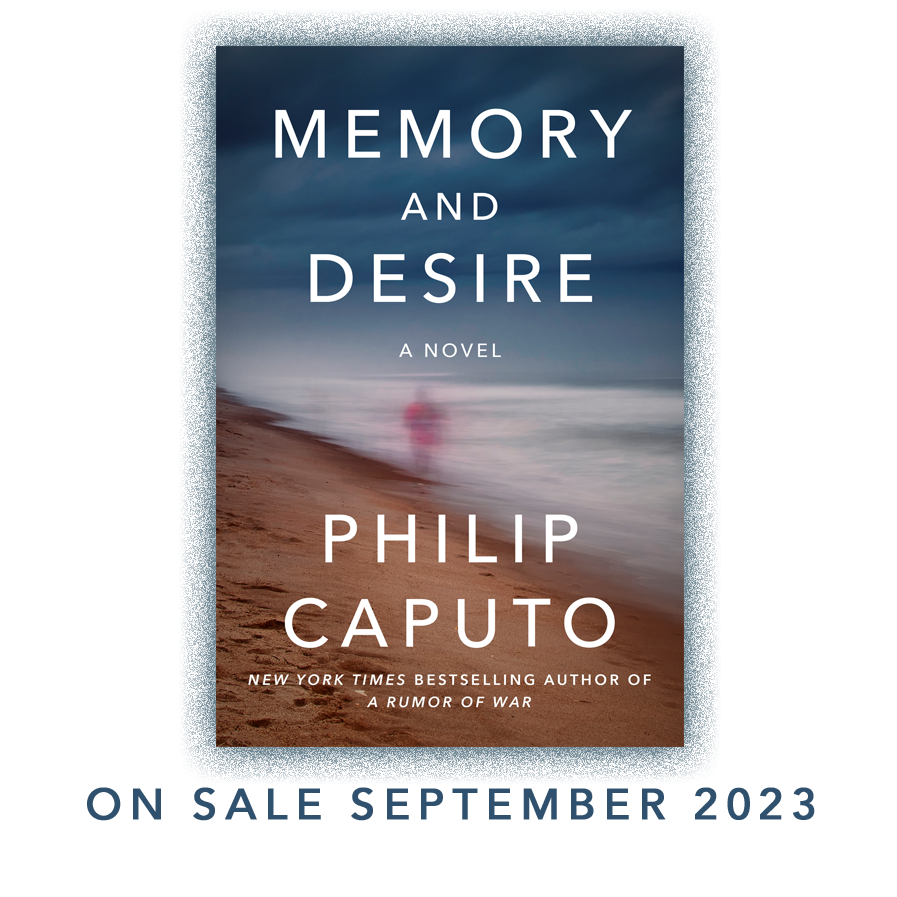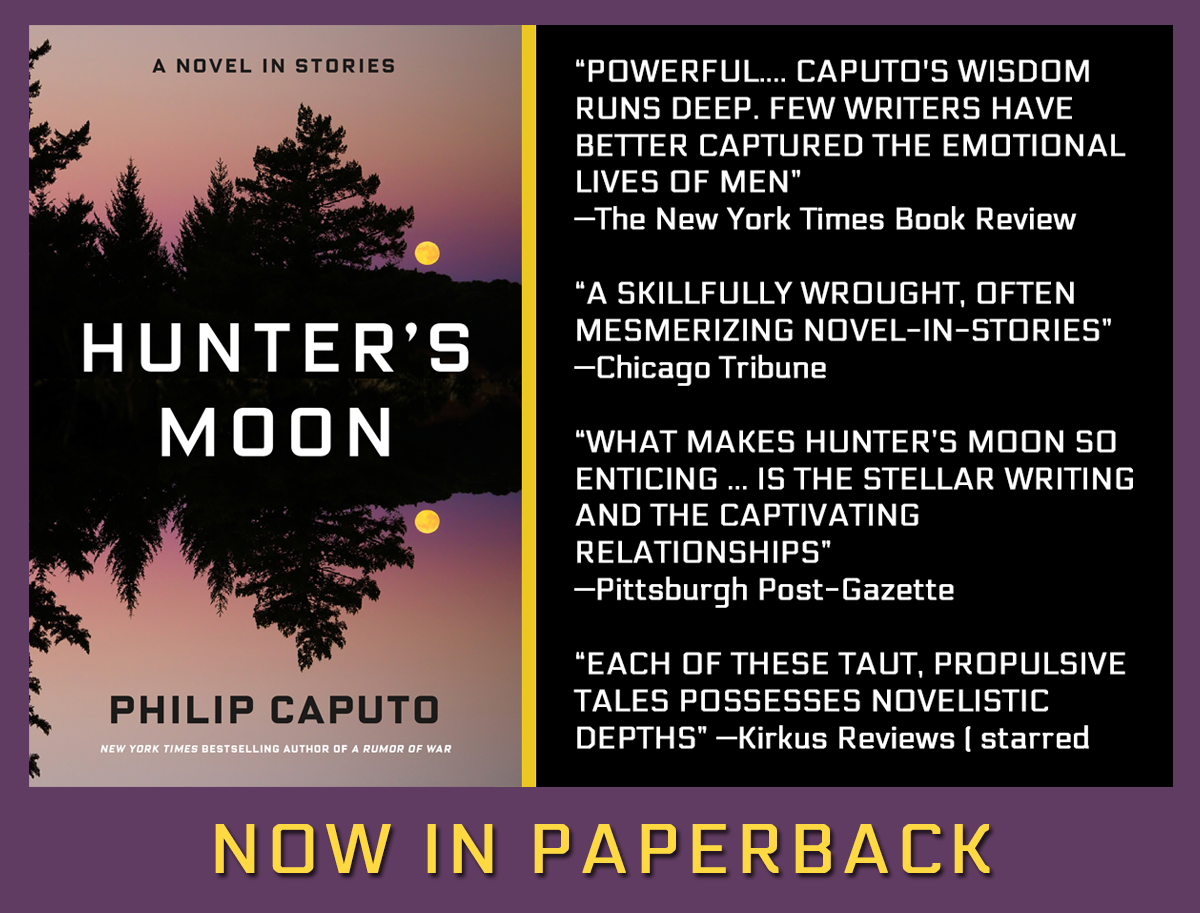May 18 — This weekend, we attended – if that’s the right word — a virtual memorial service for our friend Karen Wessel Marcus, who died of Covid19 two weeks ago. It was streamed live from St. James Episcopal in Scarsdale, N.Y., Karen’s church, and also the church Leslie and I were married in nearly 32 years ago. The experience was a little strange, watching and listening to the priest, the deacon, and the organist on a laptop screen from the back deck of our Arizona house, 2,500 miles away. This is how we mourn when a medieval epidemic strikes a 21st-century world. But the ceremony was beautiful and dignified, a fitting farewell to a dignified and lovely woman.
Immeasurably more fitting than the goodbyes that were bid during the Black Plague in the mid-14th century, when the dead were dragged out into the streets, picked up like trash by carters, and wheeled off to be cremated. These are dark times for our entire planet, this blue orb spinning in a solar system midway between the heart of our galaxy and its far boundaries, but the times are not as dark as they were then. Historians estimate that 25 million people, one third of Europe’s population at the time, died of the “black death” between 1347 and 1351. The plague lingered on, erupting in sporadic outbreaks for hundreds of years afterward. It swept London in 1665, killing 70,000 people in that city alone (I’ve plagiarized the title of Daniel Defoe’s 1722 account of that epidemic, Journal of A Plague Year). This is not to minimize the suffering that the families of our country’s 90,000 dead are undergoing; but it is to put the pandemic in historical perspective. And so, to return to Karen’s memorial service, I think its scriptural reading has something to say to us, has something to say especially to the huge majority who have escaped infection but are experiencing economic anxieties, in some cases facing economic ruin:
A Reading from Matthew 6:25-34
‘Therefore I tell you, do not worry about your life, what you will eat or what you will drink,* or about your body, what you will wear. Is not life more than food, and the body more than clothing? Look at the birds of the air; they neither sow nor reap nor gather into barns, and yet your heavenly Father feeds them. Are you not of more value than they? And can any of you by worrying add a single hour to your span of life?* And why do you worry about clothing? Consider the lilies of the field, how they grow; they neither toil nor spin, yet I tell you, even Solomon in all his glory was not clothed like one of these. But if God so clothes the grass of the field, which is alive today and tomorrow is thrown into the oven, will he not much more clothe you—you of little faith? Therefore do not worry, saying, “What will we eat?” or “What will we drink?” or “What will we wear?” For it is the Gentiles who strive for all these things; and indeed your heavenly Father knows that you need all these things. But strive first for the kingdom of God* and his* righteousness, and all these things will be given to you as well. ‘So do not worry about tomorrow, for tomorrow will bring worries of its own. Today’s trouble is enough for today.
Yes, from the vantage of my comfortable old age, I realize that among small business owners who may have to close their doors forever, among the millions of unemployed who fear they won’t be able to make rent or car payments, or buy groceries, or pay their utility bills, Matthew’s exhortation may elicit bitter cries or sardonic laughter. Oh, yeah, and just when will our Heavenly Father make me whole? I’m not making a religious pitch here. I myself, and Leslie, too, would feel a lot more confident about the future and the futures of our children and grandchildren if our national leaders were to muster a coherent, coordinated effort to meet this crisis, rather than the chaotic, politically charged response they have come up with so far. Nevertheless, I believe the human race is capable of learning from the past. Much of modern hygiene and sanitation, from running water to sewage disposal to the development of vaccines, originated in response to the plagues that ravaged the world centuries ago. I believe that we will get through this trial, if we have faith in ourselves and in medical science as well as faith in God.



Any thoughts on the 50th anniversary of Kent State, and current armed demonstrations in Michigans’s statehouse? Just finished Hunter’s Moon and read the Rolling Stones Kent coverage with the 1970 article and Joe Walsh interview.Made me recall your book.
The scripture you summoned is relevant, but not obviously so. I appreciated reading it. “Consider the lilies” would be a relieving mantra for these times, when the whole idea of competence must have a transcendent element within it. I agree with your other longtime admirer about the confessional aspects of your writing. The refusal to confess our errors makes us double down upon them and look for scapegoats. It makes us criminals. The ability to confess error makes brothers and sisters of us all. I grieve with you for your loss and thank for your thoughts concerning it.
Philip, when I attempt to articulate to others the fondness and reverence I hold for your writing, my limited descriptive powers always funnel me to the same expression. Most of what you write, beginning with A Rumor of War, for me, “read like a confession,” a heartfelt, honest, soul-purging admission of some guilt of conscience. That humble quality sets you apart in a world so dominated by vanity. Perhaps because I’m a bit slow, I had never thought about the source of your humility before I read this post. Thank you for pointing to your faith, not just in God but in humanity. I met you once through my good friend John Evans of Lemuria in Jackson, MS. You were signing Means of Escape, a book which inspired me to write two of my own. I religiously use the opening paragraphs of that book’s first chapter to introduce memoir writing to my students. It always moves them, but not quite like it moved me. Thank you for sharing your gift.
My heartfelt thanks for your comments.
Lovely script to put into your post. I totally agree with your assertion regarding those well funded people at the top who are charged by us, to look after us. History will reveal those through their infamy. I have no problem whatsoever with people why try for the common good – but I have real issues with those who attempt to lead on their own with limited knowledge or experience. I personally have always stated that ‘my knowledge is knowing what I don’t know’. That is what experts who guide non-experts are paid for. Keep safe and healthy, Pat